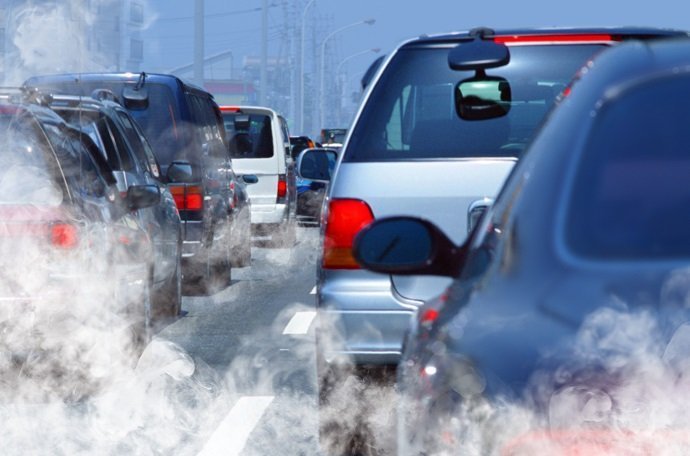
Air pollution Becoming a Growing Concern Around the Globe
A “final warning” has been handed down from the European commission to Germany, France, Italy, Spain, and the UK, advising the countries to address air pollution concerns or face significant fines. All five of the European countries are currently in breach of the recommended limits and have been given two months to show how they intend to comply with the EU law.
Australia’s government has also recently been criticized by health experts for downplaying the health risks of vehicle emissions and air pollution. According to atmospheric and respiratory specialists, Australia’s fuel quality and emissions standards are “appalling,” and potentially risks the lives of thousands of Australians.
The government reports an increase in the number of premature deaths due to outdoor air pollution jumped from around 900 in 2005 to almost 1500 in 2012 – but according to environmental scientists, these figures are the result of a study that “overlooks recent research.” A more accurate scientific study, they claim, estimates that nearly 3000 deaths a year in Australia could be attributed to the pollution in the air.
Published in 2014 by Environmental Justice Australia, the study drew attention to the issue of Australia’s air quality and pushed the need for stronger regulation to mitigate the potential effects of air pollution – both on public health and in health care costs.
“Each year that national air pollution laws are not made represents thousands of preventable deaths,” the report said. “It is clear that the current laws and the proposed process for developing new national standards are failing. With 3000 people dying each year from air pollution-related illness, governments cannot afford to wait any longer.”

According to the World Health Organization, a reduction in air pollution – in particular, four key pollutants: particulate matter, ozone, nitrogen dioxide, and sulfur dioxide – would help cut rates of stroke, lung cancer, asthma, heart disease, and respiratory disease.
“The small particles (from poor quality fuel emissions) get absorbed straight through the lungs into the blood, and they are responsible for a number of chronic effects including cardiovascular disease,” said respiratory physician Louis Irving. “The large particles lodge in the lung and can cause effects such as cancer, asthma, and chronic respiratory disease.”
According to Irving, who works at the Royal Melbourne Hospital and the Peter MacCallum Cancer Centre, Australia’s health minister needs to “advocate for stronger monitoring” – and used the recent “thunderstorm asthma” public health concern in Melbourne as an example of a consequence of a lack of real-time monitoring of air quality. During the crisis, eight people died and thousands more flocked to emergency rooms for treatment.
“Thunderstorm asthma was an extreme example of how air quality can have very significant population effects,” Irving said. “It was a real wake-up call.”
A reduction in air pollution is possible, though. Some of the standards proposed in December to address Australia’s air quality concerns could reduce the county’s greenhouse gas emissions by up to 65 million tons, pushing Australia to meet the targets of the Paris climate agreement.
“Current fuel standards expire in 2019 and we need to be ready with new standards to … deliver further health and environmental benefits,” the release said. “The Government will continue to explore other ways to reduce vehicle running costs and emissions.”
See for yourself what kind of health risks you face as a result of the air you breathe with this interactive chart, recently released by The Guardian.













Thank you for sharing such an informative and useful article. Emissions by the vehicles are the major contributor of the air pollution and global warming. The threat associated with the global warming is very real and suitable initiatives should be taken to reduce the quantity of green house gases, which are the main source of global warming. Electric vehicles could be very helpful in reducing the green house gases. Use of damaged vehicles, which produces considerably higher quantity of poisonous gases. So, it should be replaced with new vehicles or should be repaired.